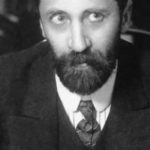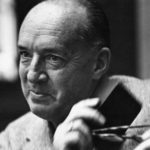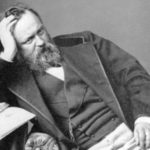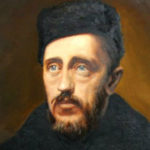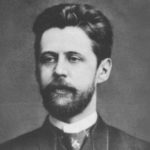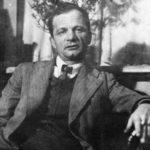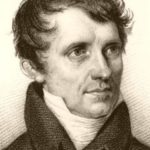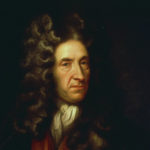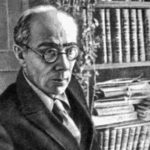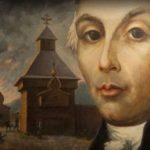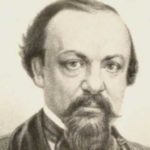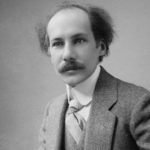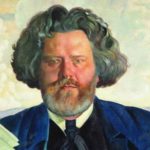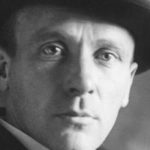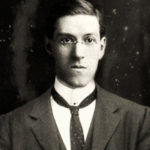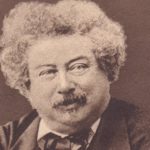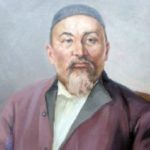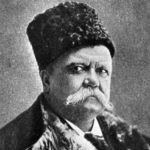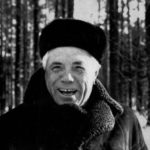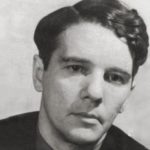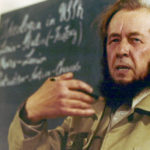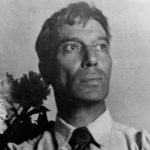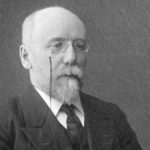Interesting facts about Fazil Iskander
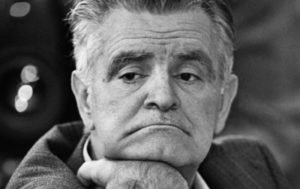 Fazil Iskander, born in Abkhazia, throughout his life wrote many amazing works that were later translated into dozens of languages. His work speaks of the rich imagination of the author, empathizing with his heroes, and in many respects it, obviously, inspired by his own memories.
Fazil Iskander, born in Abkhazia, throughout his life wrote many amazing works that were later translated into dozens of languages. His work speaks of the rich imagination of the author, empathizing with his heroes, and in many respects it, obviously, inspired by his own memories.
Fazil’s father Iskander was the former owner of the brick factory, and by descent he was half Abkhaz, half Persian. When the boy was 9 years old, his father was deported from the USSR, and the future writer never saw him again.
Iskander went to Moscow with a desire to study philosophy, but failed the entrance exams at Moscow State University, and eventually graduated from the Moscow Literary Institute.
Popularity came to Iskander after the publication of the story “Constellation Kozlotura.”
Already in Soviet times, Iskander became widely known for his satirical aphorisms, making fun of everything, including the ruling regime.
After the publication of the story “The Little Giant of Big Sex” in 1979, Iskander fought unsuccessfully against Soviet censorship right up to perestroika for the right to convey his works to readers.
In 1987, Iskander judged the final game of KVN.
The works of Iskander are written in several unusual genres at once: an essay-dialogue, a story-parable, an epic, and so on came from his pen.
Iskander’s novel Sandro from Chegem, originally consisting of more than 1000 pages, was cut by Soviet censors by two thirds.
Iskander was an optimist with a great sense of humor, so almost none of his works have a tragic ending.
Poems and prose of Iskander are published in dozens of world languages.
The writer himself admired the works of Pushkin, Turgenev and Brodsky.
Iskander was elected to the USSR Supreme Soviet from Abkhazia and worked in parliament until its collapse in 1991. He never did politics again.
Iskander was the most respected man of the Abkhaz diaspora in Moscow.
